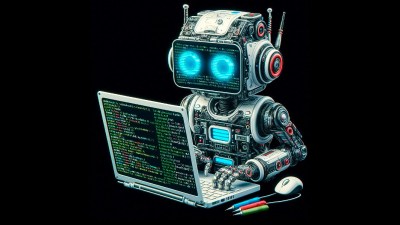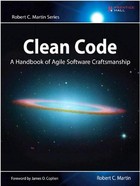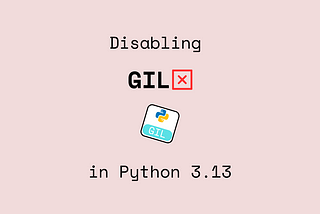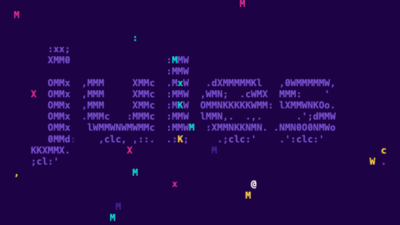
The tech industry finds itself at a fascinating crossroads. While artificial intelligence tools promise to revolutionize software development, GitHub's CEO recently emphasized that manual coding remains essential despite the AI boom. This perspective challenges the prevailing narrative that AI will soon replace human developers entirely.
The Reality Check on AI Development Tools
The enthusiasm surrounding AI-powered development tools has created unrealistic expectations. Many believed that developers would be obsolete "yesterday," yet the reality tells a different story. Even companies at the forefront of AI development continue to expand their engineering teams dramatically.
Consider this telling statistic: OpenAI's workforce has grown by 592% since November 2023, reaching approximately 5,600 employees by June 2025. If AI could truly replace programmers, wouldn't these AI-first companies be the first to reduce their technical headcount?
The Limits of "Vibe Coding"
The term "vibe coding" has emerged to describe the approach of relying heavily on AI suggestions without deep understanding. This methodology mirrors superficial practices in other fields - appearing effective on the surface but lacking fundamental rigor.
The challenge with AI-generated code isn't just quality - it's the loss of understanding that occurs when developers become passive consumers of algorithmic output.
The Strategic Positioning Behind AI Statements
Corporate messaging around AI development tools reveals interesting market dynamics. When executives make statements about AI capabilities, multiple factors influence their positioning:
- Market competition: Companies may emphasize different aspects based on their product performance
- Developer relations: Maintaining credibility with the engineering community
- Realistic expectations: Balancing hype with practical limitations
The most successful approach appears to be acknowledging AI as a powerful assistant while emphasizing the irreplaceable value of human expertise.
Current State of AI Development Quality
A significant challenge facing AI development tools is the quality of generated output. Much of what current systems produce could be characterized as "slop" - code that compiles and may even function but lacks the elegance, efficiency, and maintainability that experienced developers provide.
# AI-generated approach (verbose, unclear intent)
def process_user_data(data):
result = []
for item in data:
if item is not None:
if len(item) > 0:
if item.strip() != "":
result.append(item.strip().lower())
return result
# Human-refined approach (clear, efficient)
def process_user_data(data):
"""Clean and normalize user input data."""
return [item.strip().lower() for item in data
if item and item.strip()]
The Training Data Paradox
An intriguing aspect of the current AI development landscape is the dependency on human-generated code for training. Platforms like GitHub serve dual purposes: providing AI assistance to developers while simultaneously collecting the very human expertise needed to improve these systems.
This creates a symbiotic relationship where: - Developers benefit from AI suggestions - AI systems learn from developer corrections and improvements - The quality gap gradually narrows through this feedback loop
Finding the Balance: AI as Enhancement, Not Replacement
The most productive path forward involves treating AI as a sophisticated enhancement tool rather than a replacement for human judgment. Effective developers are learning to:
- Leverage AI for boilerplate: Use AI to handle repetitive, well-established patterns
- Maintain critical thinking: Question and verify AI suggestions
- Focus on architecture: Spend more time on high-level design decisions
- Preserve understanding: Ensure they comprehend the code they ship
Conclusion: The Enduring Value of Craftsmanship
The debate over AI in software development reflects a broader question about the nature of expertise in the digital age. While AI tools will undoubtedly become more sophisticated, the evidence suggests that manual coding - or perhaps more accurately, thoughtful coding - remains irreplaceable.
The future likely belongs not to developers who resist AI tools, nor to those who blindly embrace them, but to those who skillfully integrate these capabilities while maintaining the deep understanding and creative problem-solving that define excellent software engineering. In this context, "manual coding" isn't about rejecting automation - it's about preserving the intentionality and craftsmanship that transform code from mere instructions into elegant solutions.






